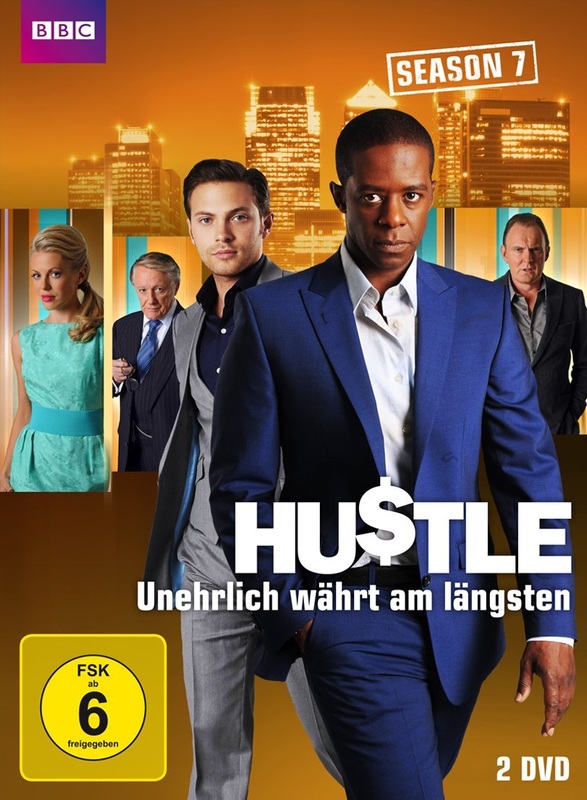
And because that time was coupled with the stress of financial uncertainty, experts say some people came to find hustle culture more exhausting than empowering.

Pandemic lockdowns provided many workers the time and space to re-evaluate work-life balance. Time’s up for glorification of the hustle? “It was then able to feed off people’s insecurities about what they don’t have and what they’re not doing.” Over time, too, they say the narrative grew: “With the rise of LinkedIn, Twitter, Instagram and TikTok, hustle culture narratives exploded,” says Dannielle Haig, principal psychologist at DH Consulting, a London-based boutique consultancy specialising in leadership development and wellbeing at work.

“People adhered to the idea that you must devote yourself only to work and sacrifice everything outside of it.” Heejung Chung, professor of sociology and social policy at the University of Kent, UK, who researches the labour market and welfare states, agrees. “Hustle culture ideology says that people are overworking not because they’re economically driven to, but simply because this is the way go-getters get what they want,” adds Srnicek. The secret to success, according to some founders? Work hard, and when you think you’ve worked your hardest, push harder. “It all legitimised the idea that to be successful and get anything meaningful done, you have to be doing long hours,” says Srnicek. The culture of 24/7 work and hustling to win funding became an aspirational business model for many. “That leading position means that whatever happens in Silicon Valley gets expressed and spread elsewhere.” “Silicon Valley had an image of being a paradigm of the economy, at the cutting edge of technology,” says Nick Srnicek, a lecturer in digital economy at King’s College London, and co-author of the upcoming book After Work. These high-profile successes – famous for their intense, all-consuming work cultures – cemented Northern California as a global hub for innovation and entrepreneurship. They note the rise of venture-capital financing helped build technology titans in Silicon Valley: companies including Google and Facebook, which rocketed to dominance. Plus, experts say economic uncertainty and greater awareness of inequality can make both the ideas and language of the rise-and-grind mentality feel outdated and out of touch.Įxperts say the entrepreneurial boom in the 1990s and early 2000s laid the foundation for the hustle-culture narrative. In the pandemic era, many people are re-prioritising what they want out of work and life: they are quitting toxic workplaces, leaning out, strengthening boundaries and carving more time for personal lives and hobbies. They point out this mindset stems largely from tech start-ups in Silicon Valley, and is perpetuated on social media.īut they also stress that overworking on purpose – and boasting about doing so – can have negative effects on workers’ mental and physical health, and subsequently may be losing its lustre, especially among some employees from marginalised groups and backgrounds. Although not all entrepreneurs embrace these tropes, some experts say some people have still felt the pressure from the decades-long trickle-down effect of total immersion in work, often to the detriment of other facets of their lives. The hustle-culture narrative promotes the idea that there's always more to strive for: more money to make, a bigger title or promotion to secure and a higher ceiling to smash. Who needs sleep when you’re going to make trillions of dollars?

Waking at 0400, necking a Bulletproof coffee and a green juice, hooking into a multi-screen desk set-up for back-to-back calls and strategy sessions: you’re hustling to build a mission-driven empire, and harness the #grindset.


 0 kommentar(er)
0 kommentar(er)
